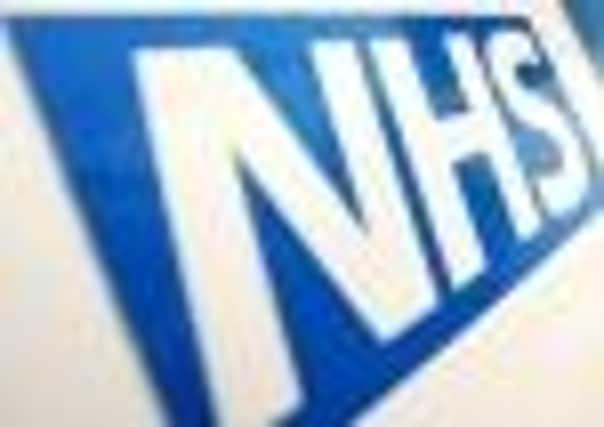NHS turns to private firms for expertise in shake-up


Management consultants are being handed contracts with three new commissioning support service (CSS) organisations in the region which will play an essential role offering specialist support to GPs from next April under controversial Government reforms.
The groups are being created to shake up the commissioning of care worth £65bn with hospitals, mental health services and other providers – although their roles have yet to be precisely set out.
Advertisement
Hide AdAdvertisement
Hide AdNHS chiefs hope that by injecting private sector expertise into the organisations they will develop commercial skills which will help them in dealing with GPs and it will also prepare them to become independent of the NHS by 2016 when they could even be floated off as private companies.
But the moves faced criticism last night as they fuelled further fears of growing privatisation of the NHS under the bitterly-contested flagship reforms.
Among those involved are consultants Attain which last week announced it had become “strategic commercial and delivery partner” to support the North Yorkshire and Humber CSS over the next 18 months by creating a service “that truly delivers for its customers”.
“Our team will support the commercial development of the CSS, lead customer engagement and establish business development for the new organisation,” it said. Attain has also been involved providing “business planning expertise” in South Yorkshire, while management experts KPMG have been signed up to provide “senior level commercial input” in West Yorkshire.
Advertisement
Hide AdAdvertisement
Hide AdThere have been concerns nationally about the viability of planned CSS organisations, but all three in Yorkshire are going forward ahead of final assessments of their capabilities in August.
Leeds GP Richard Vautrey, deputy chairman of the British Medical Associations’s GP committee, said the private sector’s involvement was “extremely worrying”, raising fears GPs could soon be dominated by big business.
“The whole intent after the next election is that these organisations will become independent bodies, they will be outside the NHS and increasingly will be open to take-over themselves.
“The reality will be that a small number of multi-national companies will dominate the commissioning support market. The risk is that the difficult decisions that have to be made about commissioning NHS services will be made by companies from the private sector.”
Advertisement
Hide AdAdvertisement
Hide AdThe Yorkshire Post approached bosses running the three new organisations in the region but each failed to comment last night.
The bill for the private sector support remains unclear but it is likely to run into hundreds of thousands of pounds. The sector’s involvement is being encouraged by the Department of Health which has invited private consultancies to brief CSS leaders at a series of national events.
Reports to health chiefs in West Yorkshire claim they need private sector help “to increase capacity to undertake the work and provide senior level commercial input”.
A key component of plans included support for staff “to acquire more commercial awareness and build their capability to adopt new ways of working in the new environment”.
Advertisement
Hide AdAdvertisement
Hide AdThe organisation’s draft structure includes a “commercial division” tasked with “business development, brand management and marketing, customer relationship management, and communications and engagement”.
After the North Yorkshire and Humber CSS was given the go-ahead a fortnight ago to draw up final plans for its authorisation, its interim managing director Maddy Ruff said it was tailoring services to the needs of GPs. “We have been very clear from the start that if we are to make our service work, we have to adopt new ways of working and more business-oriented principles which put our customers, the clinical commissioning groups, at the heart of our operating model,” she said.